Parental Anxiety
What Is It and What To Do About It.
Parental anxiety is a bit more than the general worry, love and concern a parent has towards their child's well-being and future, it's more of a chronic or overwhelming concern that permeates your parenting decisions and actions.
If you feel your approach to being a parent leans towards anxiety-driven parenting, my people patterns has the tools to help you understand parental anxiety so you can spend less time worrying about your children and more time enjoying them.
What Exactly Is Parental Anxiety?
Parental anxiety refers to excessive anxiety and worry experienced by caregivers about the well-being of their children. It can affect anyone who cares for children, including parents, grandparents, and foster parents, at any point in a child's development from infancy to adulthood.
Anxiety is closely associated with parenting styles and is a significant concept in personality psychology, forming a central element in the study of mental health disorders. It is also one of the most prevalent psychological issues in modern society. Statistics show a rise in anxiety cases across various demographics, including different backgrounds, social classes, ages, and occupations. Anxiety disorders are among the most common psychiatric problems in children and often persist into adolescence.
Quick Links:
Managing Parental Anxiety
Parental Anxiety Signs
Parental Anxiety Symptoms.
Since When Is Worrying About Your Child a Mental Health Issue?!
While some anxiety is normal and even helpful in motivating caregivers to make safe choices about school and new friends, parental anxiety becomes problematic when it is persistent, intense, and interferes with daily functioning.
Common worries include your kid's health, development, academic performance, social life, new friends, and ability to handle important challenges.
So is Parent Anxiety an Anxiety Disorder?
Parental anxiety is not classified as a distinct anxiety disorder in the Diagnostic and Statistical Manual of Mental Disorders (DSM-5). However, it can be a manifestation of other anxiety disorders such as Generalized Anxiety Disorder (GAD), which is characterized by excessive and uncontrollable worry about various aspects of life, including parenting. Many of the anxiety symptoms overlap and mental health professionals might diagnose parental anxiety as an anxiety disorder.
BUT, in my experience, parents with anxiety disorders may experience more intense and frequent worries related to their child's safety, health, and future compared to non-anxious parents. These worries can lead to significant distress and functional impairment, such as difficulty concentrating at work or strained family relationships.
Spotting The Signs of Anxiety Disorders and Parent- Child Anxiety.
Do any of these sound familiar?
-
You feel an overwhelming urgency to protect and defend your child safe from danger and life.
-
You give so much of yourself to caring for your child you sometimes forget about yourself and your own support system.
-
You doubt your parenting choices often, thinking you're doing too much or too little or "getting it wrong."
-
Trusting others with your child is something of a challenge; it's easier to handle things yourself, even it's more work.
If so, you might likely be having some anxiety symptoms, but what about your parenting behaviors and choices?
What Are Some Of The Parental Anxiety Signs in Behavior To Know?
Being a parent comes with a natural amount of stress and pressure; sometimes, our fears go overboard.
Have you noticed you're overly concerned about their well-being, health, success or happiness? Are you preoccupied with their success or worried about their future to an elevated level, or more than other parents?
These might be some of the anxiety symptoms that indicate parent anxiety.
-
Not allowing children to experience age-appropriate risks or challenges.
-
Frequently intervening to "rescue" the child from minor struggles or discomforts.
-
Excessive contact with the child's teachers/coaches about minor issues including home work or just to get more information.
-
Not giving children privacy or an "inner world" separate from their parents.
-
Discouraging activities or situations that could lead to failure or emotional discomfort.
-
Making most decisions for the child rather than letting them choose or use their own input.
Anxious and Overprotective Parents: Effects on Children
Some might call that 'helicoptering', and depending on where your anxious thinking takes you, it could put you in the same group as the Tiger Parents or perhaps the Snowplow Parents - all have high parent anxiety levels.
Whatever type of parent you are (and you can find out for sure by raking our parenting style quiz here), you might agree that there's some anxiety in the mix.
This might not come as a surprise, but constant anxiety is not healthy for you, your child's life, or your family.
I have seen and treated hundreds of parents over the decade I've been working with families, and see how anxiety creates over-involved parents and overprotective parents. While you and I both know this comes from a wonderfully loving and protective place, the effects of helicopter parenting and any of the parenting approaches that are high-anxiety are becoming more alarming as more research comes out.
Anxious and Overprotective Parents: Effects on Children

Elevated Narcissistic Traits
Research suggests a correlation between Helicopter parenting and the emergence of narcissistic tendencies and behavior that disregards social norms. Individuals exhibiting narcissism often display traits like egocentrism, manipulation, overconfidence, self-preoccupation, and rashness.

Enhanced Anxiety Levels:
The growing incidence of various anxiety disorders like social anxiety disorder, panic disorder, and disorders related to separation and attachment among young adults is a growing concern, particularly in cases where parents are excessively involved. These disorders can profoundly hinder the day-to-day life of affected individuals.

Deficiency in Coping Skills
Research from several studies indicates that excessively protective parenting plays a major role in the development of poor coping mechanisms among this age group. The high expectations set by parents often result in young individuals adopting inefficient strategies to cope with stress, and deprives them of chances to learn how to self-regulate.

Impact on Academic Performance
Studies show that helicopter parenting yields mixed results in terms of academic achievement even though some parents believe that their close involvement will guarantee academic success for their children. Excessive parental interference is often linked with creating high pressure, entitlement attitudes, and maladaptive perfectionism in students.

Helicopter Parenting / Bulldozer Parenting / Lawnmower Parenting
The Psychological Effects of Controlling and Anxious Parents
Decades of research confirm the negative impact of parental anxiety on child development. It's vital for parents to understand their anxiety symptoms and how to calm it. We are seeing a wide range of impacts of helicopter parenting on adult children in areas such as:
-
Social Skills
-
Crucial Life Skills
-
Sense of Entitlement
-
Poor Coping Skills.
-
Anxiety disorders
-
Depressive disorders
Parent anxiety can often have quite a negative impact psychologically on your child's life which will often lead to them having a deficit in coping skills.

Mental Health Concerns
One of the widely documented impacts of anxiety-driven parenting is that we're seeing that excessive interference in their child's lives can undermine the child's belief in their abilities, reducing their confidence in handling tasks and challenges independently. Not to mention increased rates of anxiety and depression in children as young as 8 or 9.
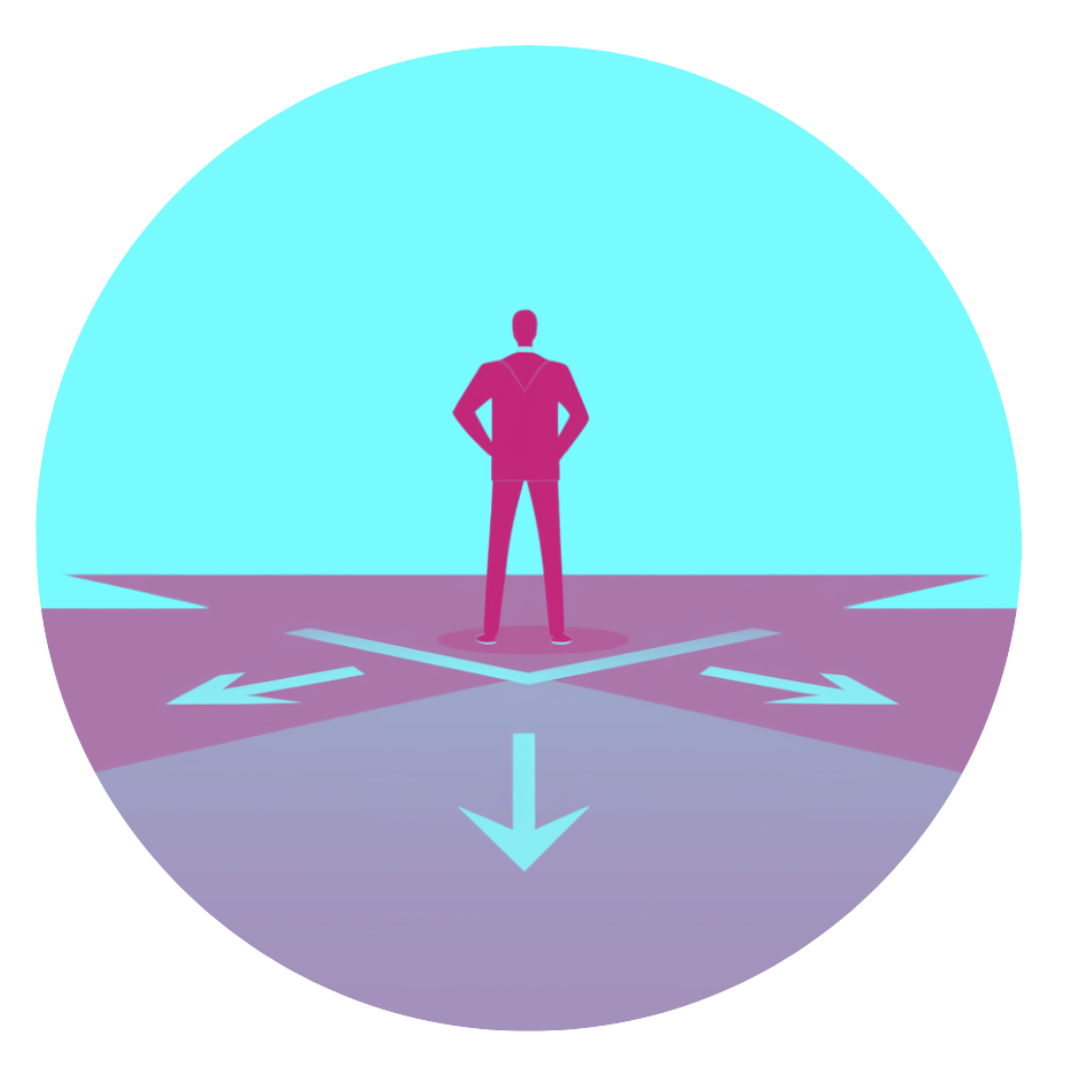
Decision-Making Difficulties
When anxious parents solve problems for their children, the children may not develop the necessary essential skills to navigate challenges on their own in their own daily lives.
As teens and young adults they often present in therapy as lost, fearful and lacking assertiveness or direction, with increased signs of depression and anxiety.
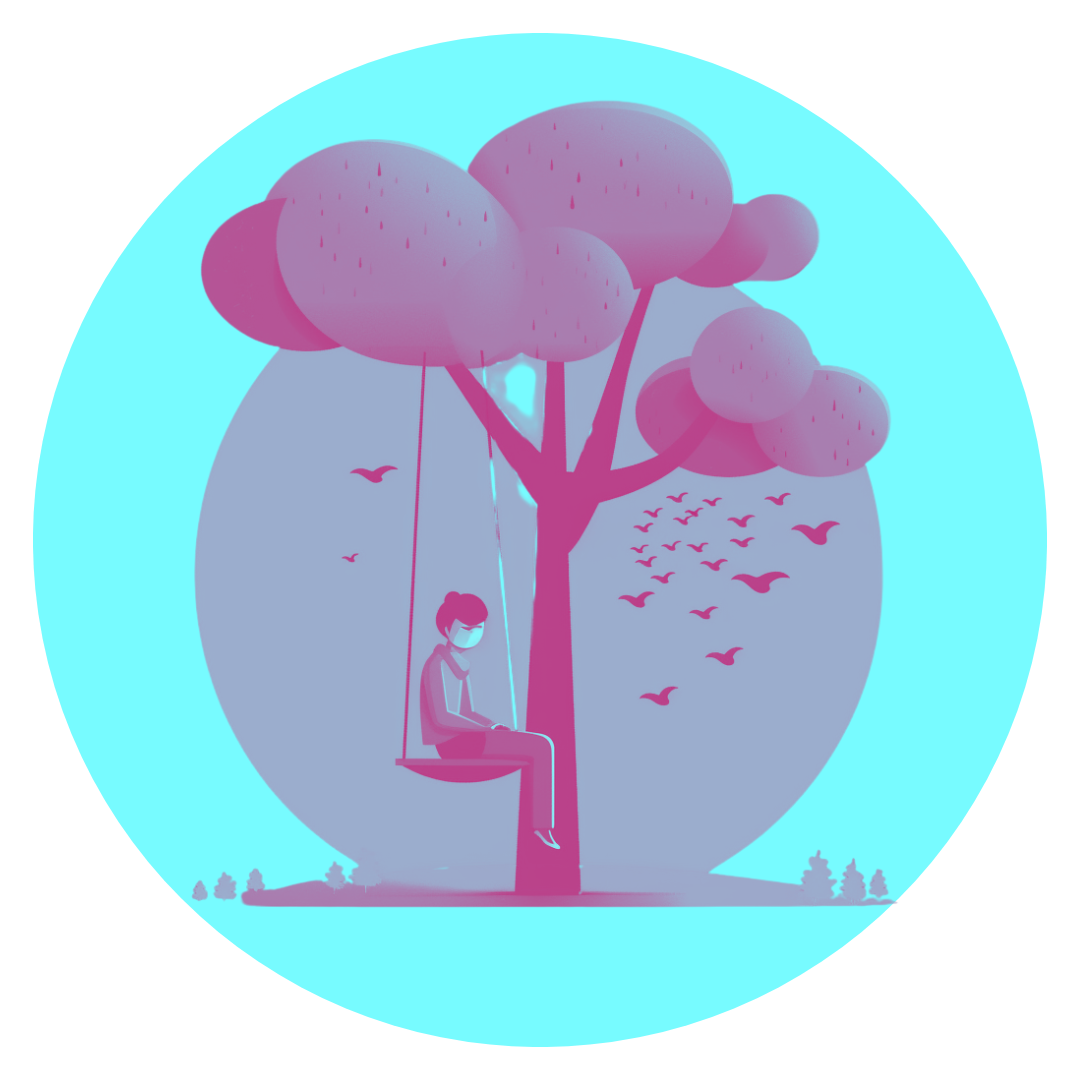
Dissatisfaction with Life
Research suggests that the high level of parental control associated with this parenting style can interfere with young adults' feelings of contentment and fulfillment, they are missing essential skills needed to seek meaning and purpose in life. Poor communication skills mean that they are not able to connect deeply with their peers at school which leads to low self esteem.

Lack of Autonomy & Self-Efficacy
Parental anxiety can undermine the child's belief in their abilities, reducing their confidence in handling tasks and challenges independently.




Do You Want To Stop Being an Anxious or Controlling Parent?
Grounded Parenting is a Family Systems oriented parenting course that deals with lowering the parental anxiety that is behind 'Helicopter Parenting', 'Tiger Parenting' 'Jellyfish Parenting - and ... but really, it's about parenting from a more grounded position and is suitable for any parent, caregiver or mental health professional interest in Family Systems Theory.
The opposite of a helicopter parent is NOT an uninvolved parent that doesn't care - it's not a 'bad parent' either. It's responsible parenting that has a balanced approach to caring and controlling.
Grounded Parenting: An Alternative to Helicopter Parenting – is an Anxi-Anxiety Parenting Course that compiles all my teachings, tools, and strategies to shift from overprotective parenting to a more balanced approach. I share a decade worth of working with parentst through a family systems perspective, keeping it focused on healthy relationships.
Get started today by taking our free parenting and anxiety quiz and learn more about our thoughts on parenting without anxiety.
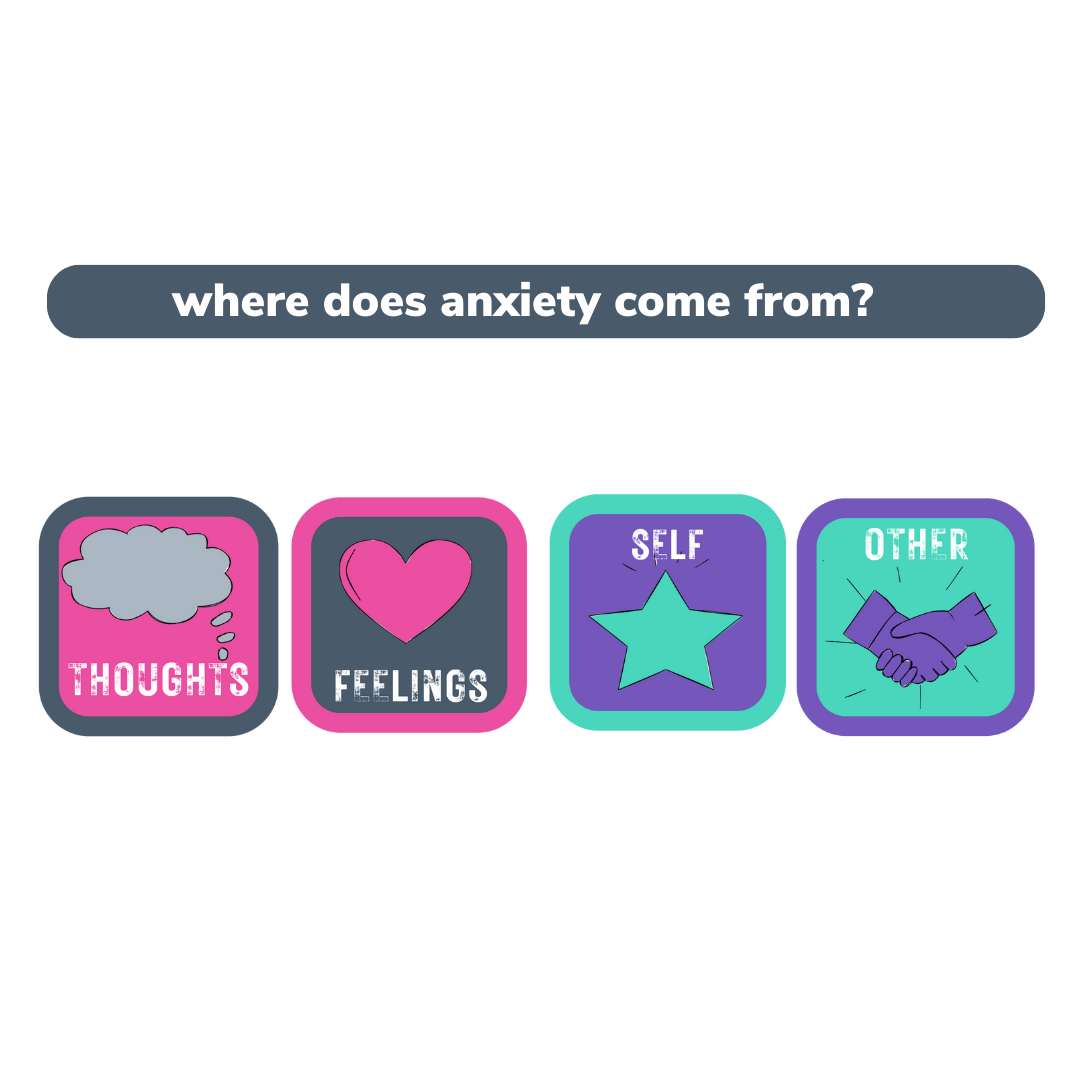
MODULE 1
WHERE DOES ANXIETY COME FROM?
In order to combat anxiety, you have to know where it comes from. As a Family Systems therapist, I help clients and parents understand Chronic Anxiety as a function of their levels of differentiation.
Understanding The S.O.F.T Modality is a game changer for anxiety and any relationship.
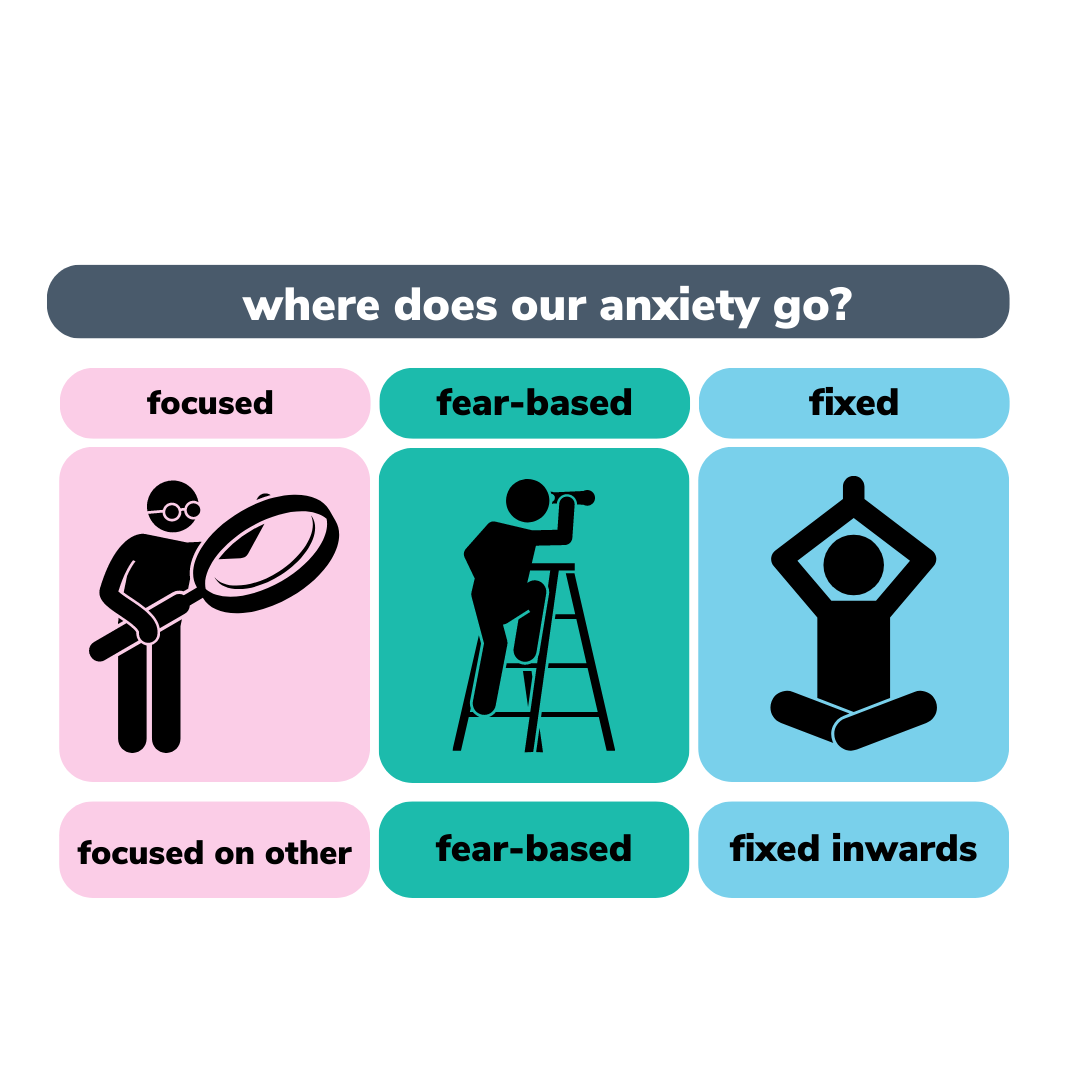
MODULE 2
ANXIETY FOCUS
Our anxiety tends to be directed in one of two places
- On an OTHER person - our partner, co-parent, but more typically our child
I call this being Focused on Other
- On the FUTURE or the PROBLEM or the FIX
I call this being Fear-Based. Too much of this leads to over protective parents, excessive worry and anxious behaviors.
In this course, I want to help you tolerate stress and manage anxiety so that it is FIXED inside, that way it doesn't spill out onto other people, we don't act on it by rushing in and fixing things, and we give that much-needed space for psychological autonomy.
MODULE 3
PSYCHOLOGICAL AUTONOMY
When we're born, we are entirely dependent on our caregivers - we need them to wipe our butts (literally). If everything goes well, and of course, there are exceptions, 18 or so years later, we're pretty much INdependent.
The process of becoming independent and developing your own mind, comes partly from psychological autonomy - and this is one of the five parenting dials we explored in previous modules and a vital part in managing anxiety.
Developmental psychology teaches us that psychological autonomy comes from three areas all of which lead to healthy development of kids:
-
Being in a good or healthy relationship with our child
-
Emotional Regulation
-
Increased Responsibility - less control
Parent anxiety may have negative consequences insofar as it impacts natural and needed autonomy to develop. For an example, click here.
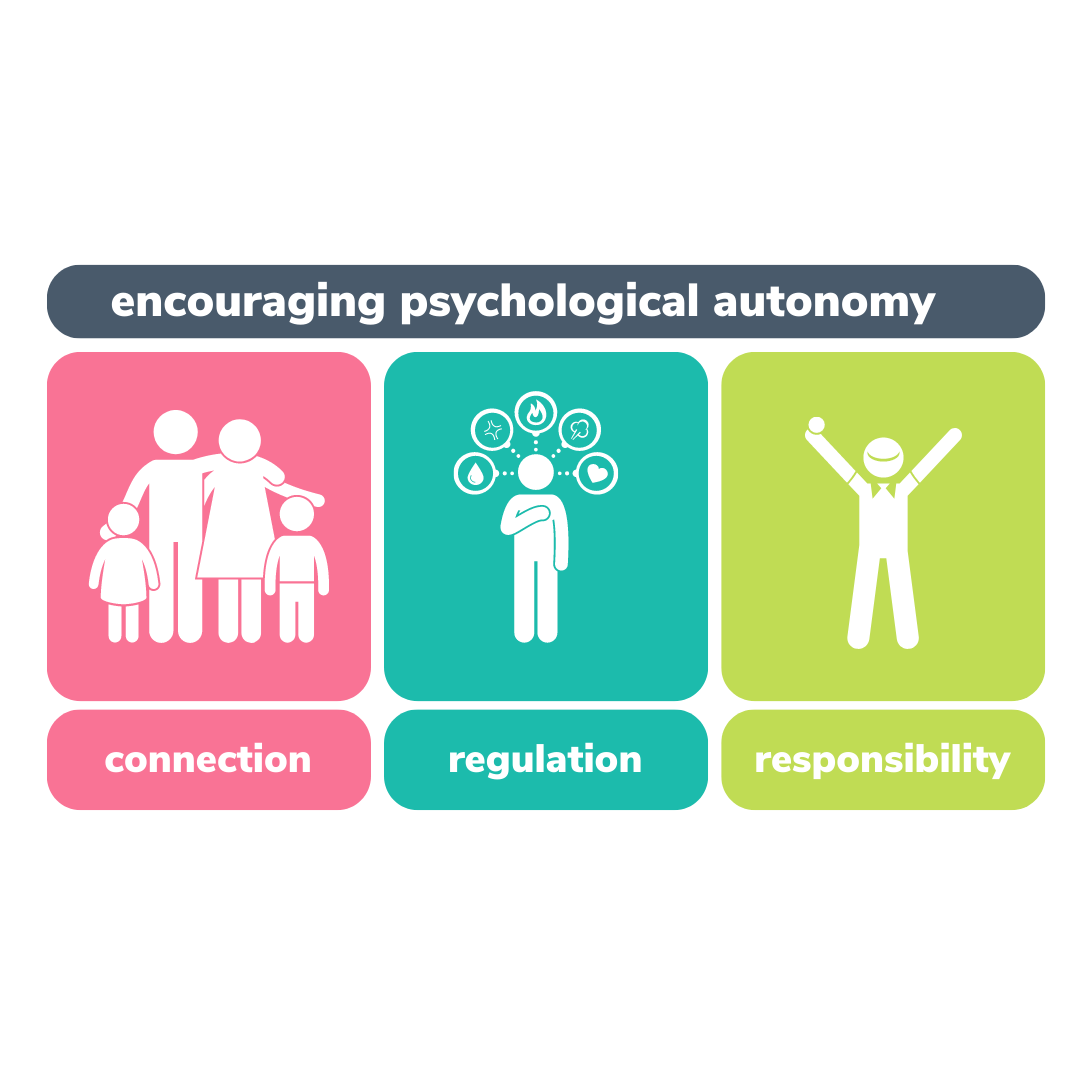
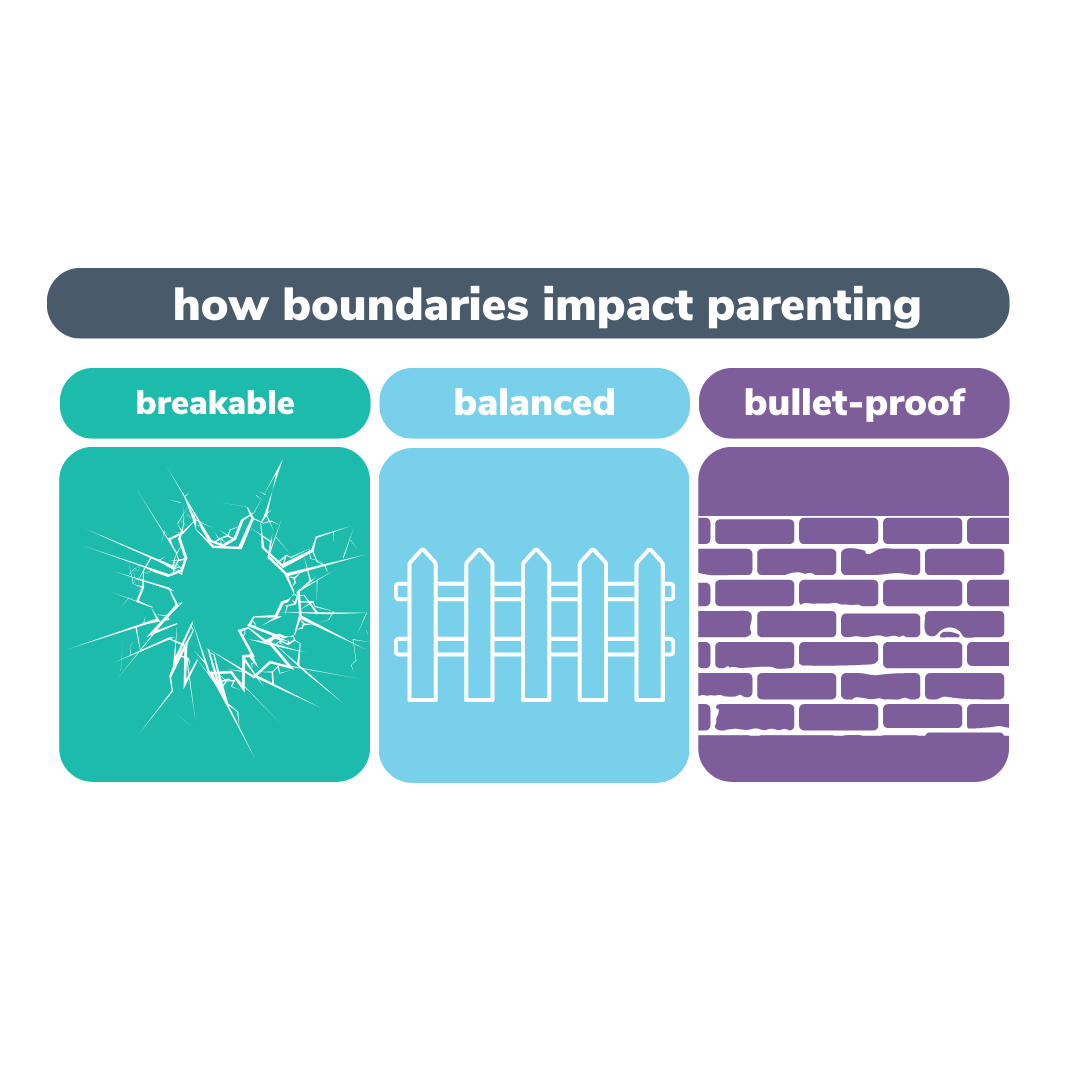
MODULE 4
PARENTING & BOUNDARIES
The boundaries around our self help us in so many ways; they keep our feelings from gushing out, distinguish our Self from Others and contain our anxiety.
Balanced boundaries are the most healthy boundary we can have and should strive to have. This type of boundary helps us remain calm and non-reactive and listen and express our feelings to others.
.
MODULE 5
A GROUNDED APPROACH TO PARENTING
For an organization to succeed, whether it's in conservation, retail, or manufacturing, it needs certain elements. Organizations require structure for success, with clear leaders distributing tasks.
Similar to an organization, a family needs a structure. Typically, two parents are at the top, with the children below them. This model may change for single-parent households but remains valid. The three parenting styles we'll discuss can be compared to three types of company CEOs, and each can lead to changes in the family structure.
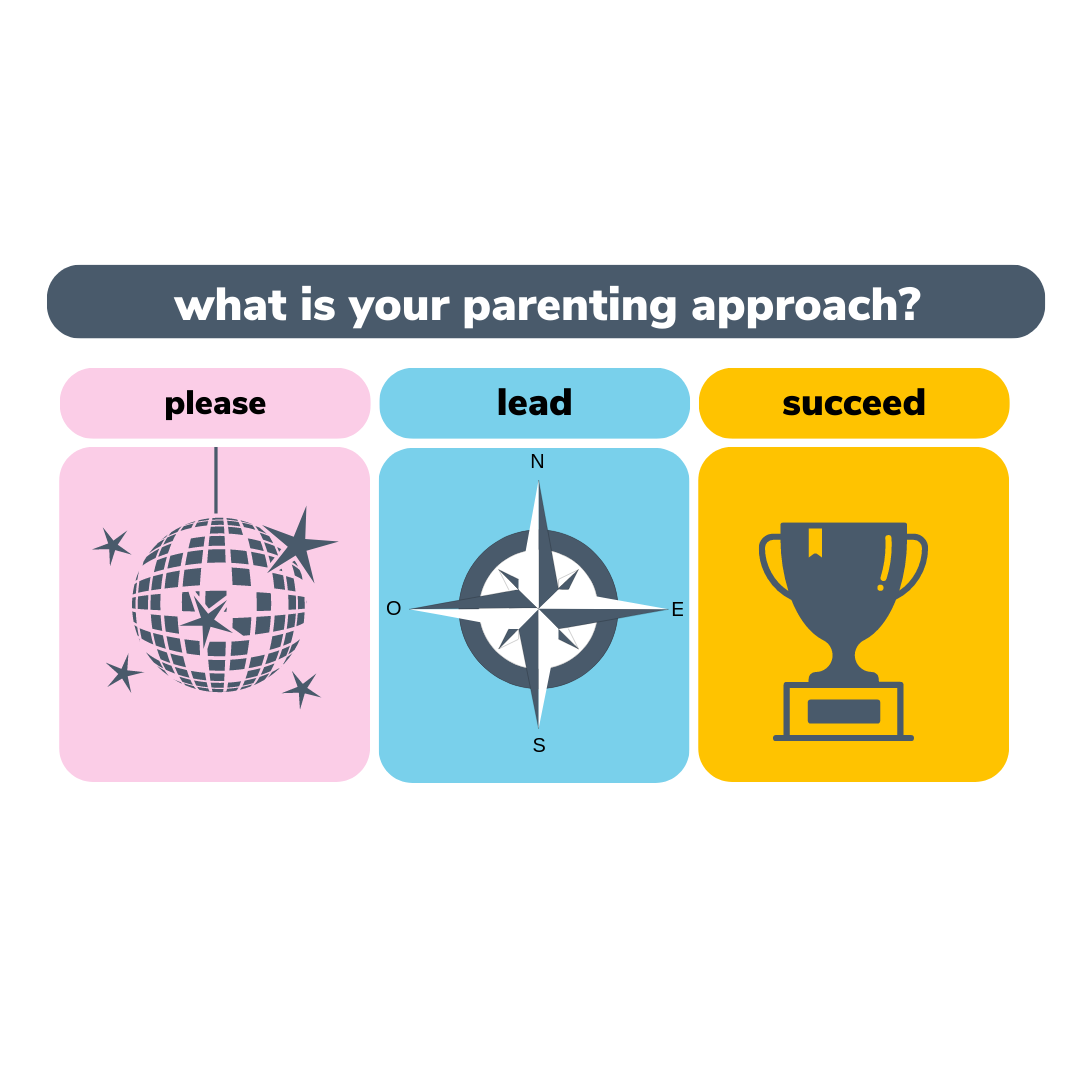
About Me: Oliver Drakeford, LMFT, CGP - Parent Coach and Family Systems Therapist.
I've been working with families and parents for nearly ten years and specialize in family therapy. Over the course of my career, I've worked with hundreds of families and parents in my private practice, as a Clinical Director and Clinical Supervisor. My private practice is located in West Hollywood CA and you can read more about me here.





GET INSTANT ACCESS TO
GROUNDED PARENTING
A family systems-oriented course to lower anxiety so you can stop worrying about parenting and start enjoying it.
FEATURES
- 5 Modules - covering major topics of parenting and anxiety.
- Over 12 videos no longer than 15 minutes, so that you can watch this at your own pace and because we know you're busy.
- Handouts and PDF's for each module so you can enhance your learning with printed copies of tools and conepts.
- Tried and tested tools to help understand your self, others and anxiety.
BONUS
- E-Book - the entire course is presented as an e-book for you to download and read at your pleasure *
- Audio Versions - take the audio of each module with you to listen to in your car or on your phone.
- Q&A Section - leave your comments and questions and we'll answer with a video


Am I A Helicopter Parent?
Scroll up and take the quiz now, or fill this in and we'll email you the quiz and you can do it later.
We won't send spam. Unsubscribe at any time.


